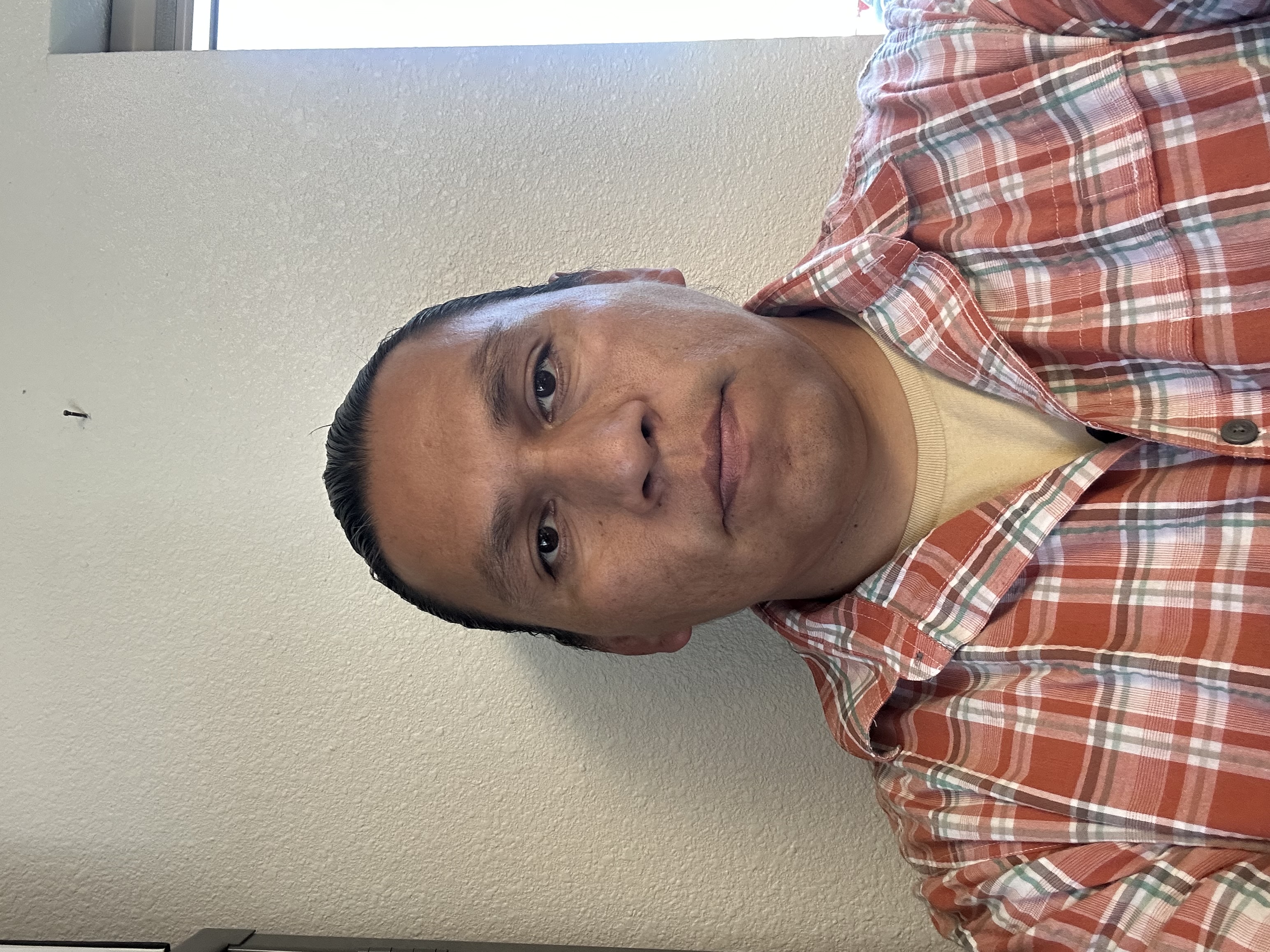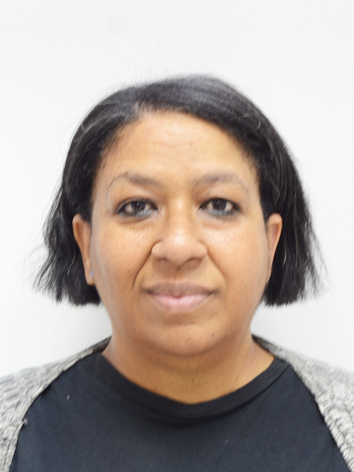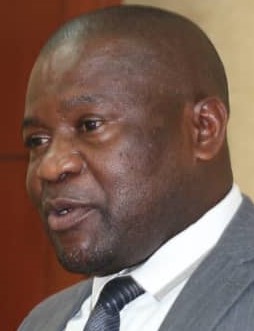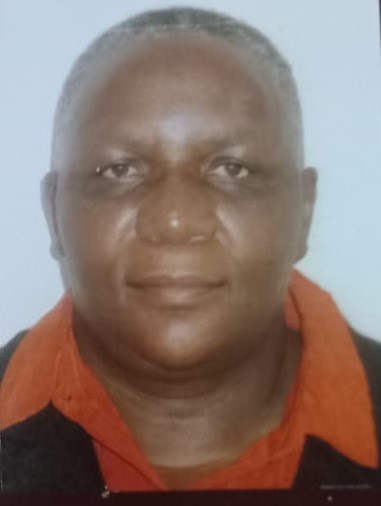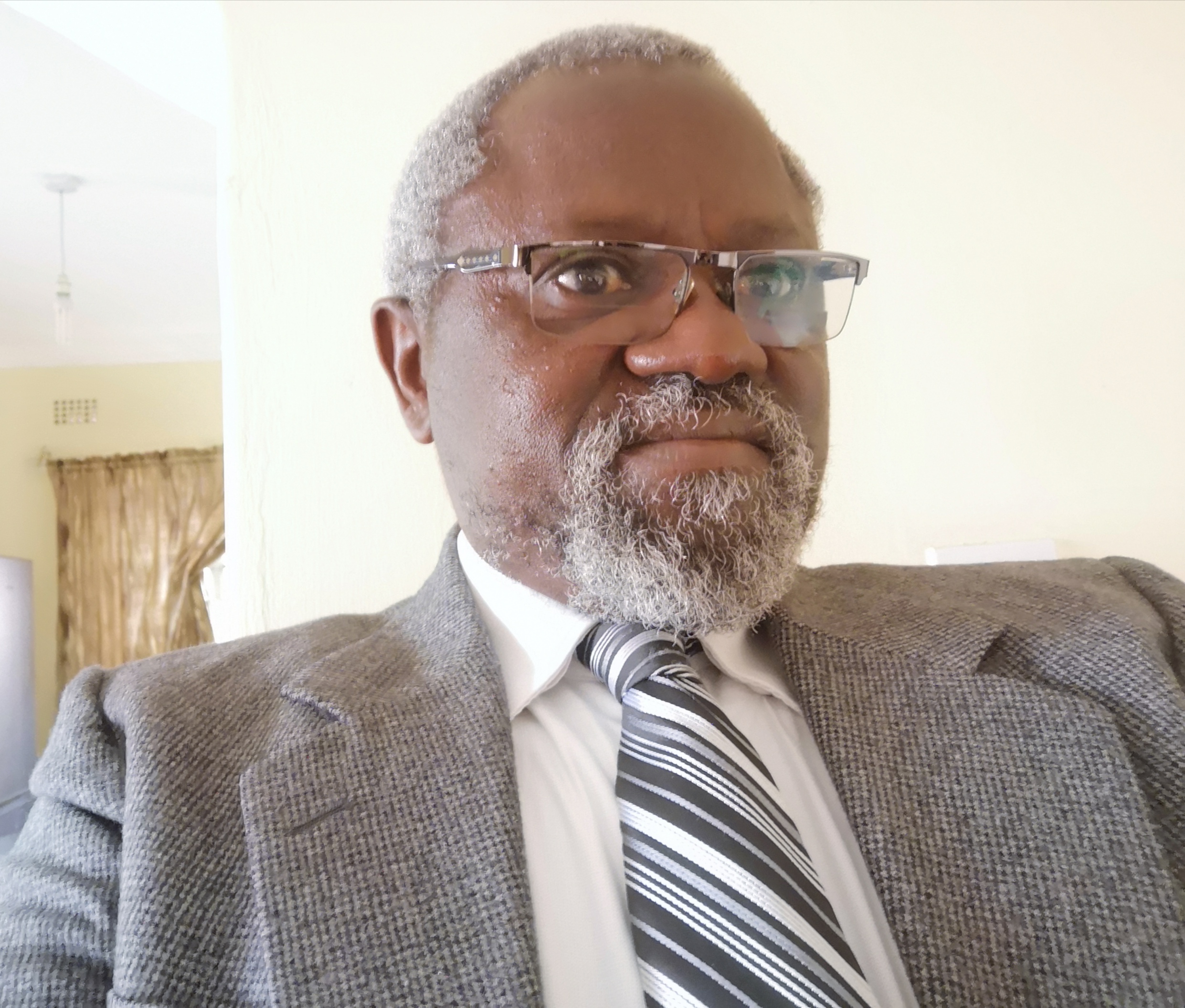Pourquoi participer
Conservation often celebrates communities as custodians, but rarely as true decision-makers. This panel explores what happens when Indigenous Peoples and Local Communities hold real authority over land and resources—and what changes when rights become the foundation, not the afterthought, of conservation and climate action.
Description de la séance
Communities worldwide are too often included in conservation as “participants” while real authority remains elsewhere. This panel brings together leaders from Africa and North America to ask: what does conservation look like when rights are central? Panellists will share experiences of legal recognition, governance authority, and customary systems that move beyond benefit-sharing to genuine stewardship. They will also confront hard questions: the risks of tokenistic inclusion, the trade-offs of land and resource rights, and the responsibilities that come with authority. Expect a provocative discussion on how Human-Centred Conservation can align justice, rights, and ecological integrity.Speaker
Branch of Natural Resources Director, Wild Sheep Foundation - Confederated Tribes of Warm Springs
Moderator
Chairman, Alliance for Indigenous Peoples and Local Communities for Conservation in Africa (AICA)
